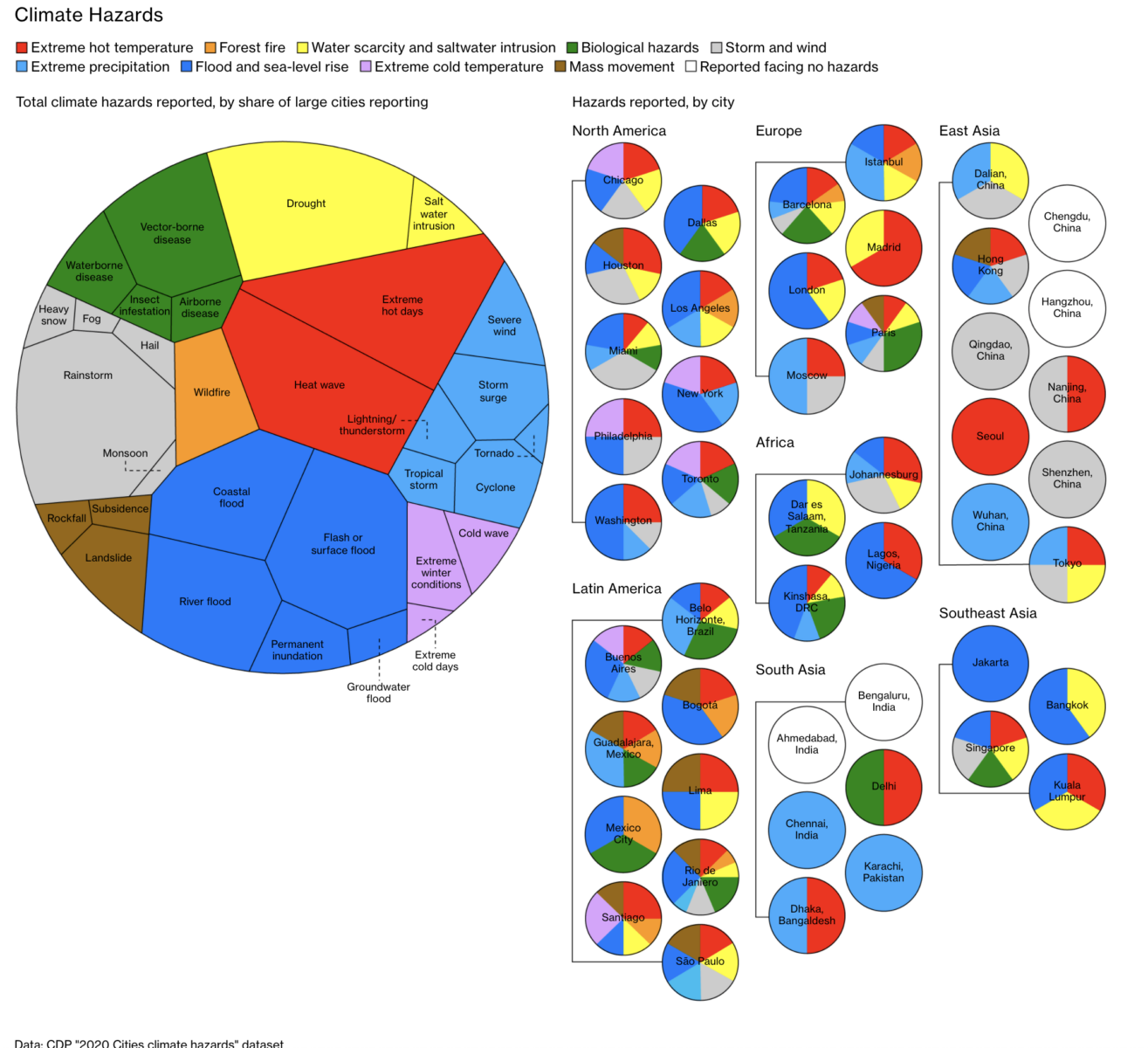My back to work morning train WFH reads:
• Billionaire Mark Cuban Opens Online Pharmacy To Provide Affordable Generic Drugs The company is a registered pharmaceutical wholesaler and purchases drugs directly from manufacturers, bypassing middlemen to lower the price of more than 100 medications. CEO Oshmyansky reached out to Cuban with an idea for a low-cost generic drug company in a cold email. It was launched in January last year. They were motivated in part by “Pharma Bro” Martin Shrkeli’s outrage-producing price hike of the lifesaving drug Daraprim from $13.50 to $750 per tablet while Shrkeli was CEO of Turing Pharmaceuticals (Forbes)
• From Target to Supreme, Branding’s Latest Obsession Is Collaboration Brand partnerships used to be sparing, targeted — special, even. But as subcultures flourish, no new collaboration is too zany. (Bloomberg)
• The Market is an Expensive place to Find Out Who You Are. Netflix has 70% more subscribers, twice as much revenue, five times as much income — and the same market cap. Investors don’t care about what you’ve done, they care about what they think you’re going to do. By 2018, investors had pulled forward all of the growth. They did this by assigning too high multiple to its underlying fundamentals. And today, like all growth stocks, Netflix is being rerated. (Irrelevant Investor)
• Busting the Myth That There’s Little Data on Private Companies The SEC says there’s “absolutely no visibility” for investors when it comes to unicorns, but there is a vibrant and growing market for data and information — at least for some. (Institutional Investor)
• The Most Expensive U.S. Real Estate Sales For 2021 Marc Andreessen’s $177 million Malibu dream house topped the list of luxury home purchases last year. See the other lavish properties in Palm Beach, the Hamptons and beyond. (Forbes) see also Something Has to Give in the Housing Market. Or Does It? There appears to be no quick reprieve coming for rising prices: “It’s not a bubble, it really is about the fundamentals.” (New York Times)
• A DeFi crash course for normies: Crypto markets since 2017 In the end, all arrows point to a DeFi <> TradFi convergence as we build upward and onward, standing on the scaffolds of old fiat market structure. (Noahpinion)
• Automakers Say They Won’t Let Tesla Steal the Truck Race They’re fielding electric Silverados and F-150s to defend the most profitable part of their market. (BusinessWeek)
• ‘China will be China’: Why journalists are taking burner phones to the Beijing Olympics. Journalists covering the Winter Olympics next month say they’ll do their work in Beijing on brand-new cellphones and laptops. When the games are over, they’ll simply leave them behind or throw them away. The reason: Reporters are concerned that any devices they use there could become infected with tracking software, enabling Chinese authorities to spy on their contents. Hence, the use of “burner” phones and computers. (Washington Post)
• The case for a better way to poll Issue polling makes America seem very liberal. Combining party trust polling would help explain why Republicans win elections. (Grid)
• A nuclear-test monitor calls Tonga volcano blast ‘biggest thing that we’ve ever seen’ The explosive volcanic eruption in Tonga on Saturday appears to dwarf the largest nuclear detonations ever conducted, according to a global group that monitors for atomic testing. The shock wave from the blast was so powerful that it was detected as far away as Antarctica, says Ronan Le Bras, a geophysicist with the Comprehensive Nuclear-Test-Ban Treaty Organization in Vienna, Austria, which oversees an international network of remote monitoring stations. (NPR)
Be sure to check out our Masters in Business interview this weekend with Tina Vandersteel, head of GMO’s Emerging Country Debt team and serves as portfolio manager for GMO’s external and local currency debt portfolios. Prior to joining GMO in 2004, she worked at J.P. Morgan in fixed income research developing quantitative arbitrage strategies for emerging debt and high yield bonds.
All the Biggest Environmental Risks Facing the World’s Biggest Cities

Source: Businessweek
Sign up for our reads-only mailing list here.

